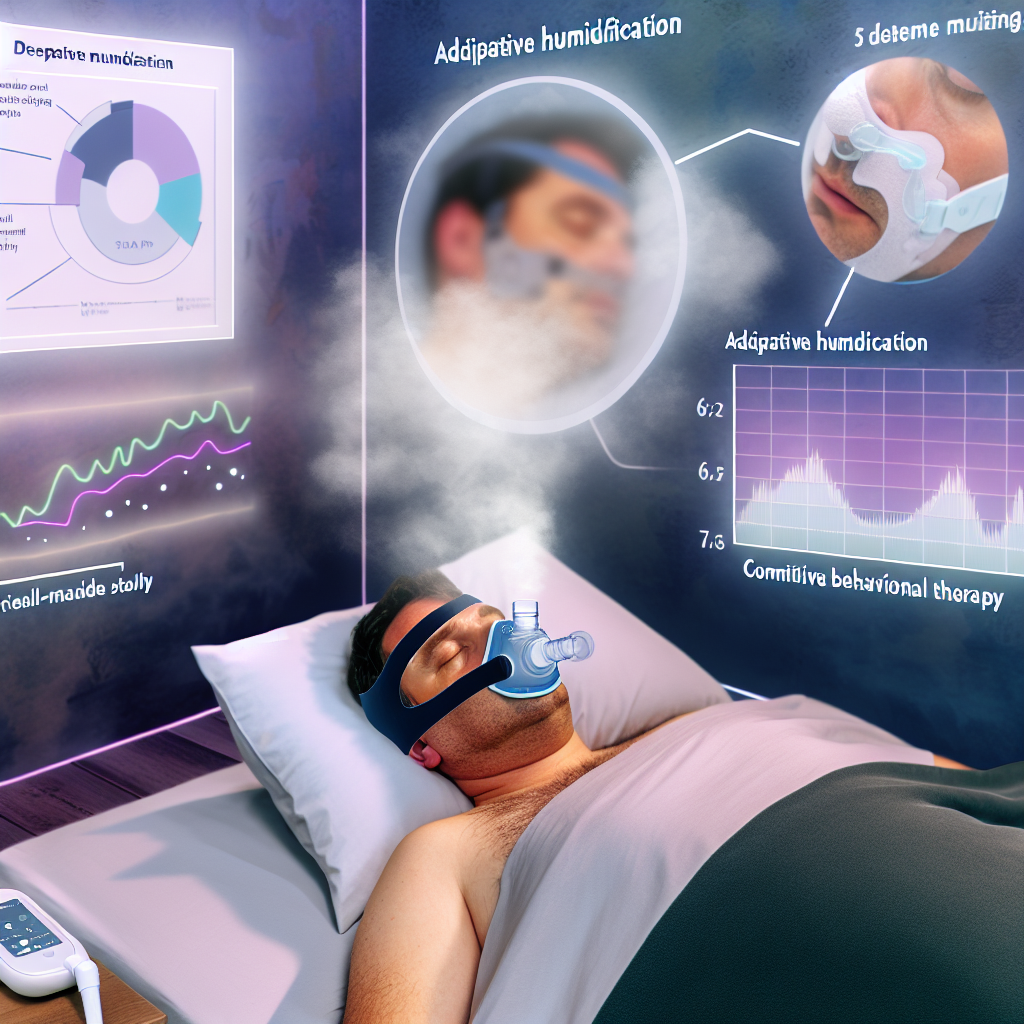Understanding CBT-I
The acronym CBT-I stands for cognitive behavioral therapy for insomnia. Cognitive Behavioral Therapy for Insomnia, also known as CBT-I, is largely considered to be the most effective and evidence-based treatment for chronic sleeplessness. This treatment method combines cognitive and behavioral techniques to attack the underlying causes of insomnia and develop healthy sleep patterns.
Breaking the Insomnia Cycle
Individuals can learn to break away from the cycle of insomnia and experience improved sleep quality by confronting negative thought patterns and practicing relaxation practices. This can be accomplished by learning to break free from the loop.
CBT-I: The Gold Standard
Because cognitive behavioral therapy for insomnia (CBT-I) has been demonstrated to be more effective in the long term than medicine alone, it has become the gold standard in the treatment of chronic insomnia.
Holistic Approach to Insomnia
The success of this treatment lies in its holistic approach, which examines both the psychological and behavioral aspects of insomnia to bring long-term relief to individuals who are having difficulty getting a decent night’s sleep.
Focus on Thoughts and Actions
Changes in thoughts and actions associated with sleep disorders are the primary focus of this approach.
How CBT-I Works
Positive cognitive behavioral therapy for insomnia (CBT-I) helps you notice and replace unhelpful thoughts about sleep with more realistic ones. It also helps you challenge negative thoughts.
Establishing Good Sleep Habits
In addition to learning strategies such as stimulus management, sleep restriction, and sleep hygiene education, you will also be coached on creating a pleasant bedtime ritual to signal to your body that it is time to wind down and prepare for sleep. This will help you establish healthy sleep habits.
Bedtime Rituals
Activities like reading a book, taking a warm bath, or doing relaxation exercises could fall into this category.
Consistent Sleep Schedule
In addition, you will be urged to keep a regular sleep schedule, meaning you will be expected to go to bed and wake up at the same time each day, even on the weekends. This helps to regulate your body’s internal clock, which in turn improves the quality of your sleep over time.
Introduction to CBT-I
You may be introduced to cognitive behavioral therapy for insomnia (CBT-I) as your treatment progresses. CBT-I is a tried-and-true psychological treatment that targets the underlying ideas and behaviors that lead to sleep issues.
Addressing Underlying Factors
To help you build healthy sleeping habits and enhance the quality of your sleep overall, cognitive behavioral therapy for insomnia can help you address these factors.
Incorporating Strategies
Adopting these numerous approaches and strategies into your daily routine will help you effectively manage your sleep problems and get a more peaceful and refreshing night’s sleep.
Relaxation Techniques
You will be instructed in relaxation techniques to help you better manage stress and tension.
Benefits of CBT-I
A Few Advantages of CBT-I:
- Long-range effects
- With no reliance on pharmaceuticals
- Enhanced both the quality and effectiveness of sleep
Learn More
Do you have any interest in learning more about the precise procedures utilized in CBT-I or in locating a qualified therapist?

Dominic E. is a passionate filmmaker navigating the exciting intersection of art and science. By day, he delves into the complexities of the human body as a full-time medical writer, meticulously translating intricate medical concepts into accessible and engaging narratives. By night, he explores the boundless realm of cinematic storytelling, crafting narratives that evoke emotion and challenge perspectives.
Film Student and Full-time Medical Writer for ContentVendor.com




